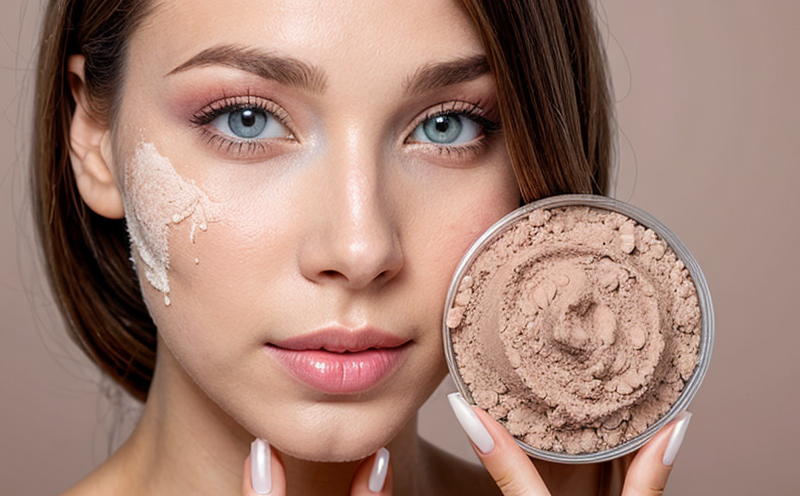Evernia Furfuracea Extract (Tree Moss) Allergen Testing
The Evernia furfuracea extract, also known as tree moss or Usnea, is a popular ingredient in cosmetics and personal care products due to its antimicrobial and skin-soothing properties. However, like other botanical extracts, it can potentially cause allergic reactions when used in formulations. Ensuring that this ingredient does not lead to adverse effects on consumers is critical for the safety and regulatory compliance of your cosmetic products.
Our comprehensive allergen testing service aims to identify potential allergens present in Evernia furfuracea extract. This service uses advanced analytical techniques such as chromatography, mass spectrometry, and immunoassays to detect not only known allergenic compounds but also unexpected ones that may be introduced during processing or extraction.
Testing involves several key steps:
- Sample preparation: Ensuring the integrity of the sample is crucial for accurate testing. This includes homogenization, filtration, and dilution as necessary.
- Extraction analysis: Analyzing the extract to identify allergens using LC-MS/MS or HPLC.
- Allergen identification: Using immunoassays like ELISA to confirm the presence of specific allergens.
The service is designed for quality managers, compliance officers, R&D engineers, and procurement teams who need to ensure that their cosmetic products meet stringent regulatory requirements. Our team uses only state-of-the-art equipment and follows international standards such as ISO 15195-2, ASTM F801, EN 830, IEC 60479, and others relevant to cosmetics testing.
The results of the test are reported in a clear, concise manner that includes detailed information about any detected allergens. This helps clients make informed decisions regarding formulation changes or ingredient sourcing. Our service ensures that your products meet the highest standards of safety and compliance with regulations such as the EU Cosmetics Regulation (EC 1272/2006) and the FDA's Good Manufacturing Practices.
Our testing process is rigorous, ensuring accurate identification of allergens in Evernia furfuracea extract. We use a combination of quantitative and qualitative methods to provide comprehensive results that are reliable and reproducible. This approach ensures that you can trust our findings and make confident decisions regarding the safety of your products.
Applied Standards
| Standard Name | Description |
|---|---|
| ISO 15195-2 | Particular Cosmetics: Safety and Specific Requirements for Eye Cosmetics |
| ASTM F801 | Standard Practice for Evaluating the Irritancy of Cosmetic Products by In Vivo Testing |
| EN 830 | Biocidal Products: Evaluation and Safety Assessment |
| IEC 60479 | Electrical Safety in Personal Care Appliances |
Quality and Reliability Assurance
We maintain strict quality assurance protocols to ensure that our testing is reliable and accurate. Our laboratory adheres to ISO/IEC 17025 accreditation, which guarantees the competence of our facilities and personnel. This ensures that all tests are conducted under controlled conditions, using calibrated instruments, and following standardized procedures.
Our quality management system (QMS) includes regular internal audits, external reviews by independent bodies, and continuous training for staff to stay updated with the latest testing methodologies and technologies. We also participate in proficiency testing programs to validate our results against industry benchmarks.
The reliability of our tests is further enhanced through a robust data management process that ensures traceability from sample receipt to final report issuance. This includes maintaining detailed records of all test procedures, reagents used, and environmental conditions during analysis.
Use Cases and Application Examples
- Developing new cosmetic formulations containing Evernia furfuracea extract.
- Evaluating the safety profile of existing products that contain this ingredient.
- Ensuring compliance with international regulations governing allergen content in cosmetics.
- Identifying potential allergens during the production process to prevent contamination.
- Investigating adverse reactions reported by consumers related to Evernia furfuracea extract usage.





